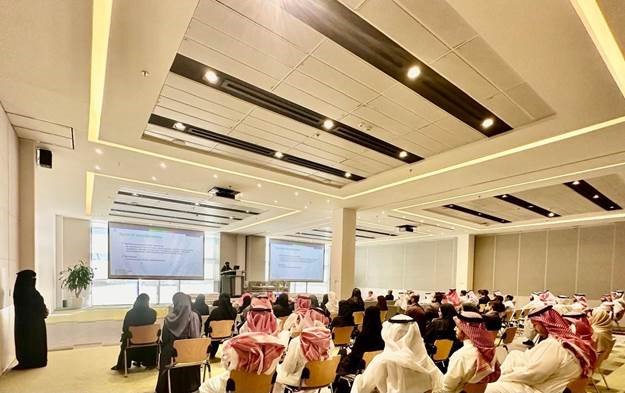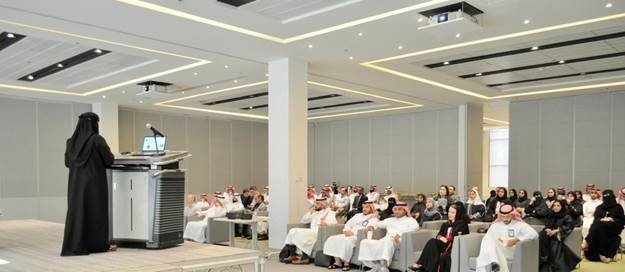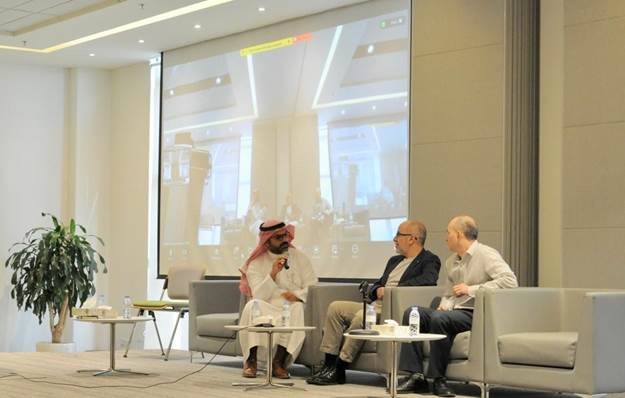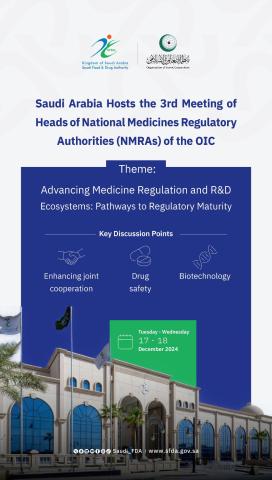The Saudi Food and Drug Authority (SFDA) organized a workshop titled “Regulatory Considerations for Modified Immune Cells and Their Localization” at its headquarters in Riyadh. The workshop was attended by representatives from several government agencies, specialized medical and research centers, as well as related companies.
During the workshop, members of the SFDA reviewed local regulations and legislation concerning these advanced therapies, along with initiatives supporting research, development, and localization efforts in line with the national biotechnology strategy.
Leading international experts presented an overview of prominent global experiences in the development and transfer of technology related to modified immune cells. This included participation from the U.S. Pharmacopeia (USP), which highlighted its efforts to standardize quality measures for these advanced therapies to enhance their development and manufacturing processes.
Interactive discussion sessions explored related topics concerning modified cellular therapies, addressing queries raised and discussing future challenges and opportunities in this area.
Modified immune cells are considered an innovative immunotherapy that leverages patients' immune cells to better recognize and destroy cancer cells. The SFDA has approved three therapies to date.
This workshop is part of the SFDA's fourth strategic plan, aimed at enhancing communication with stakeholders to elevate regulatory compliance levels and clarify oversight requirements related to gene and cellular therapies. Through its efforts, the SFDA seeks to support research, innovation, and localization in the Kingdom of Saudi Arabia by highlighting key technical aspects related to the development and localization of modified immune cells, which are among the latest promising innovative biotherapies in modern medicine for the treatment of various incurable diseases, including cancer.




